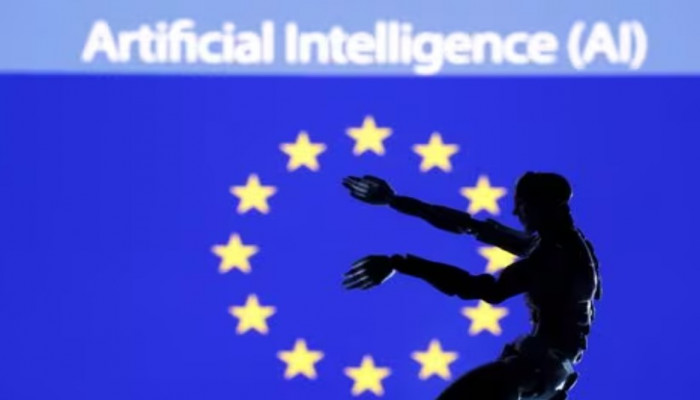Europe moves closer to landmark AI rules following approval from EU countries
- In Reports
- 10:51 AM, Feb 03, 2024
- Myind Staff
EU countries took a significant stride towards the adoption of regulations overseeing artificial intelligence and AI models, including Microsoft-backed ChatGPT. The endorsement comes after EU nations supported a political agreement reached in December.
The European Commission introduced a set of rules three years ago, aiming to establish a global standard for technology extensively utilized across diverse industries, ranging from banking and retail to the automotive and aviation sectors. Additionally, these regulations outline specific parameters for the use of AI in military, crime, and security applications.
The EU industry Chief Thierry Breton, declared the Artificial Intelligence (AI) Act as historic and the first of its kind globally. In a statement, he announced that member states have officially endorsed the political agreement reached in December, acknowledging the negotiators' achievement in striking a perfect balance between innovation and safety.
Thierry Breton, the EU industry chief, declared the "Artificial Intelligence (AI) Act" as a historic and unprecedented milestone globally. In a statement, he emphasized that member states have officially supported the political agreement reached in December, acknowledging the negotiators' achievement in striking a "perfect balance between innovation and safety."
The agreement became inevitable when France, the final holdout, withdrew its opposition to the AI Act. This decision was made after securing stringent conditions that address the delicate balance between transparency and business secrets, along with a reduction in administrative burdens for high-risk AI systems.
According to EU diplomatic officials, there is a concerted effort underway to facilitate the development of competitive AI models within the bloc. Sources reveal that Mistral, a French AI startup founded by former researchers from Meta and Google AI, along with Aleph Alpha from Germany, has been actively lobbying their respective governments on this crucial matter.
Earlier, Germany expressed its support for the proposed rules. The tech lobbying group CCIA, which boasts members such as Google's Alphabet, Amazon, Apple, and Meta Platforms, cautioned about potential roadblocks on the horizon.
CCIA Europe's Senior Policy Manager, Boniface de Champris, expressed concerns about the lack of clarity in many of the new AI rules, stating that they have the potential to impede the development and deployment of innovative AI applications in Europe.
He emphasized the crucial role of proper implementation of the Act to ensure that the AI rules do not excessively burden companies striving to innovate and compete in a vibrant and highly dynamic market.
The AI Act's progression towards legislation involves a pivotal vote scheduled for February 13 by a key committee of EU lawmakers, with the European Parliament set to cast their vote in either March or April. Anticipated to take effect before the summer, the legislation is slated to apply in 2026, although certain provisions will come into effect earlier.
Image source: Reuters







Comments